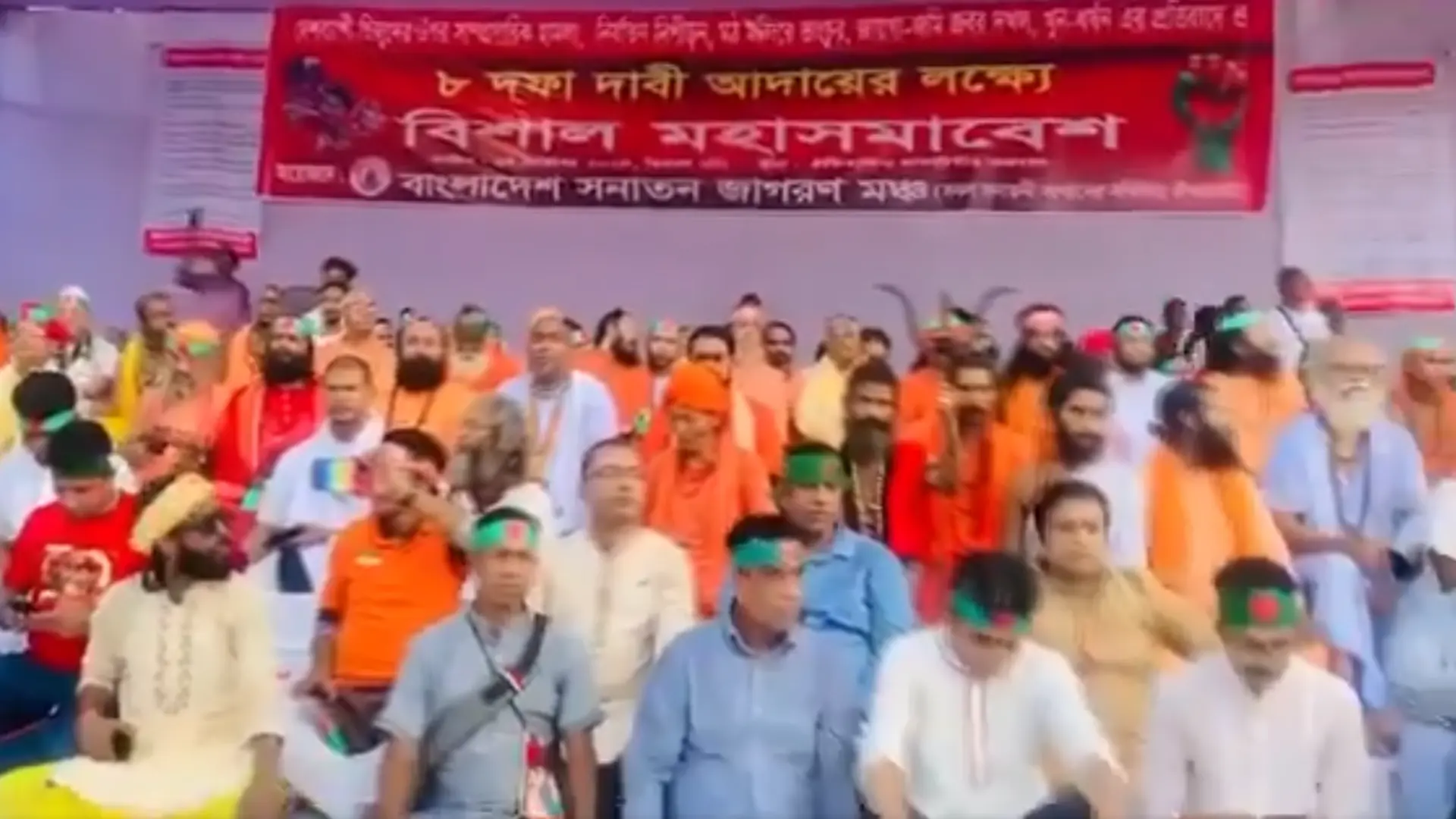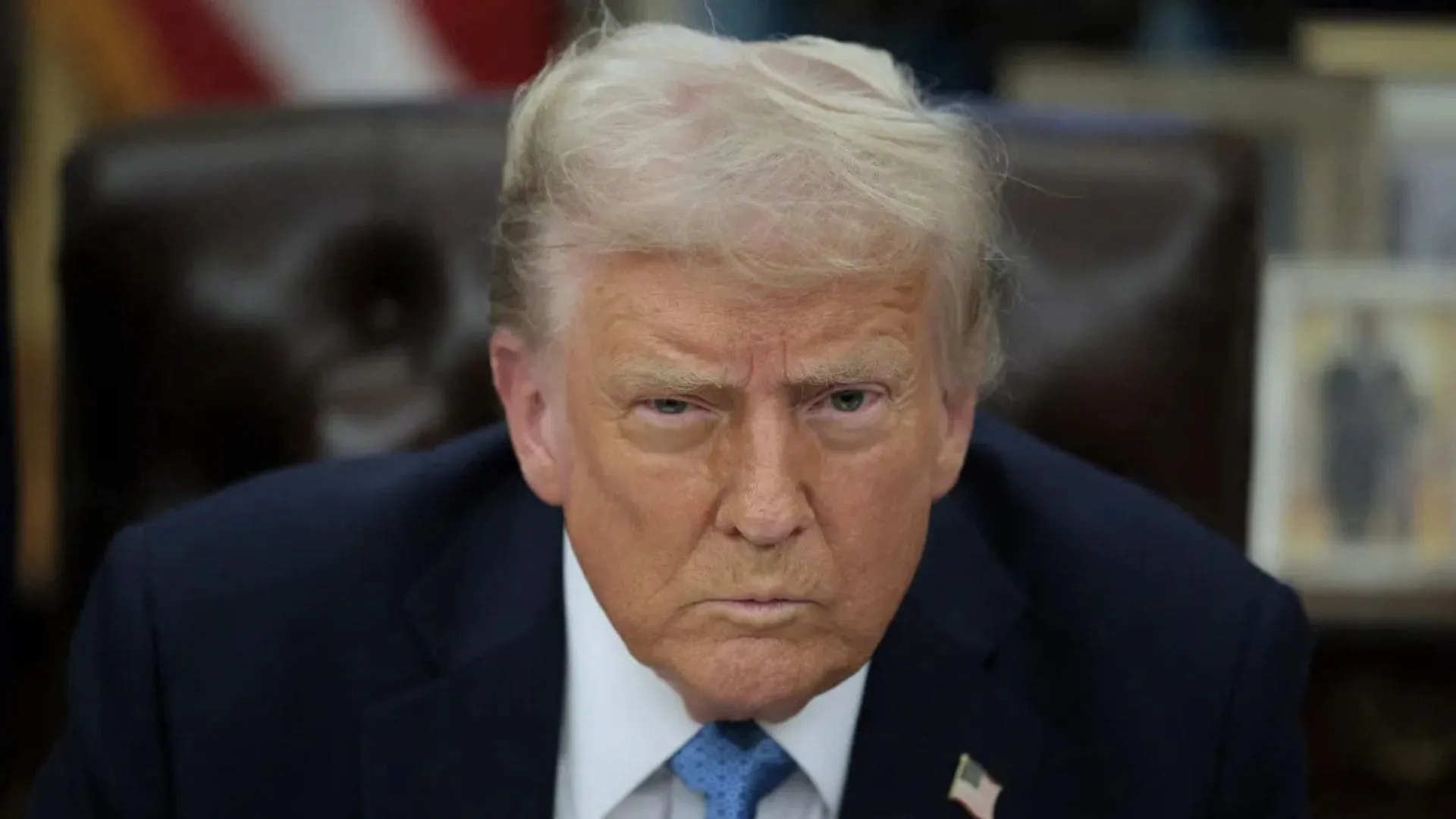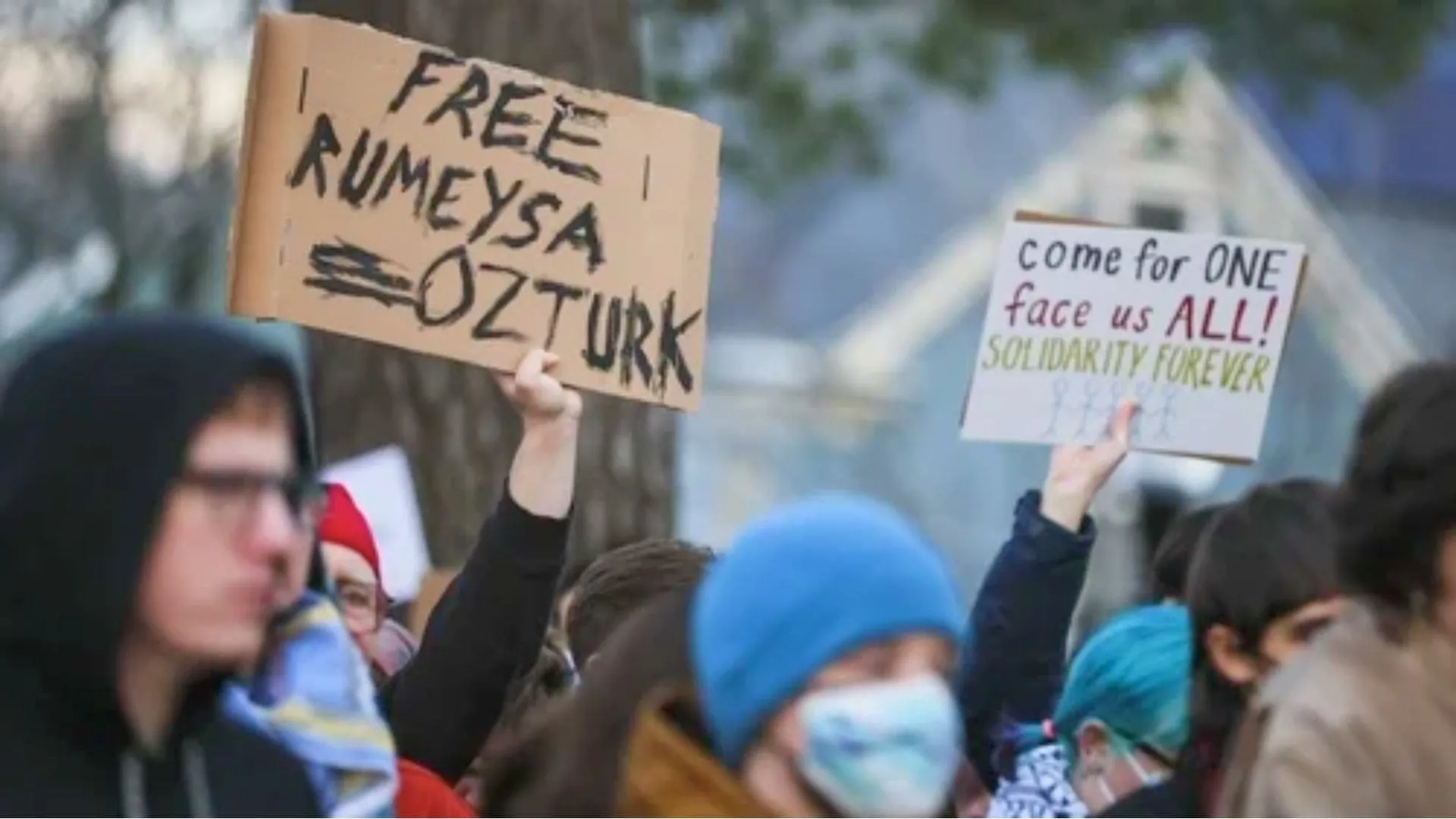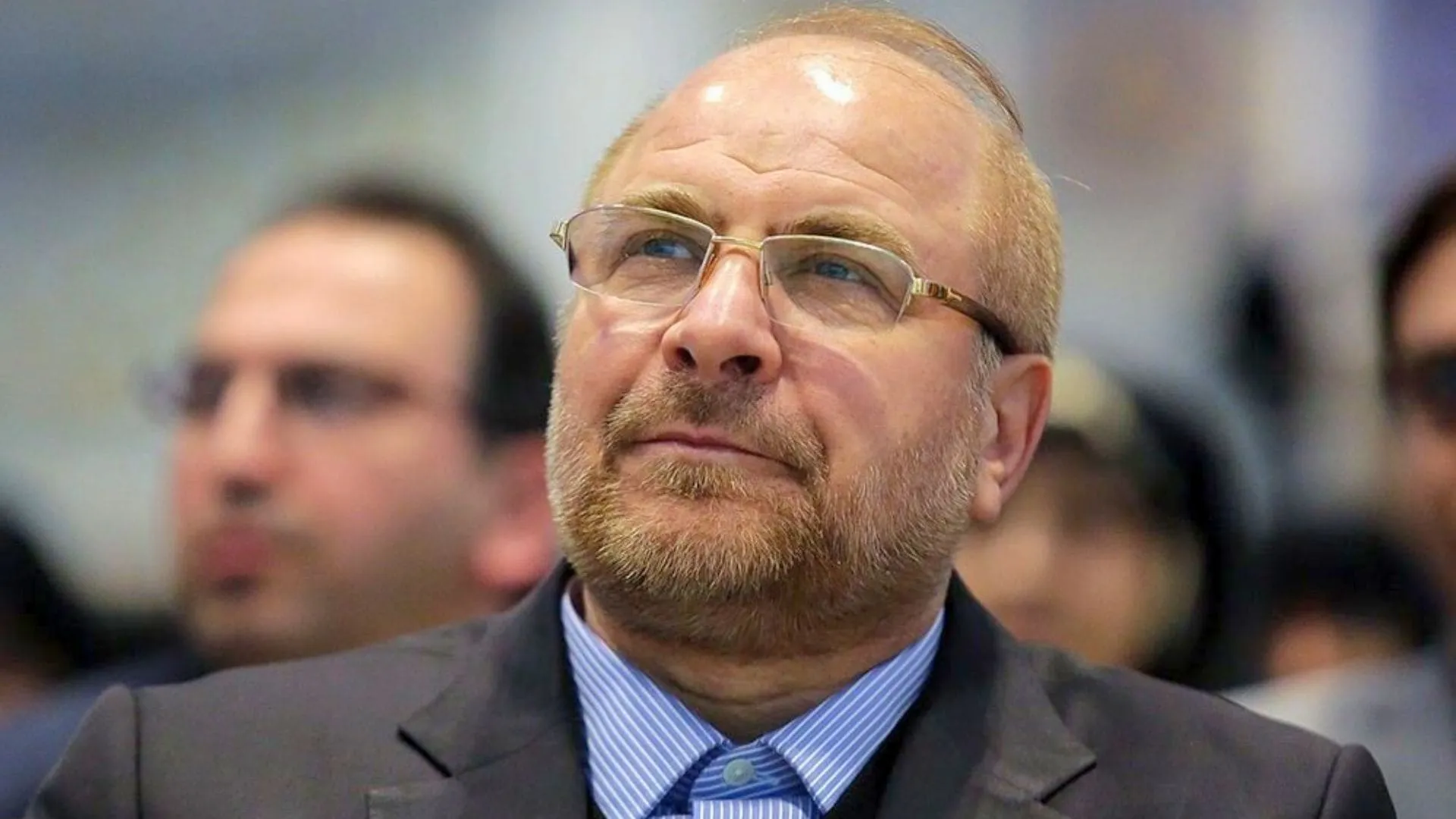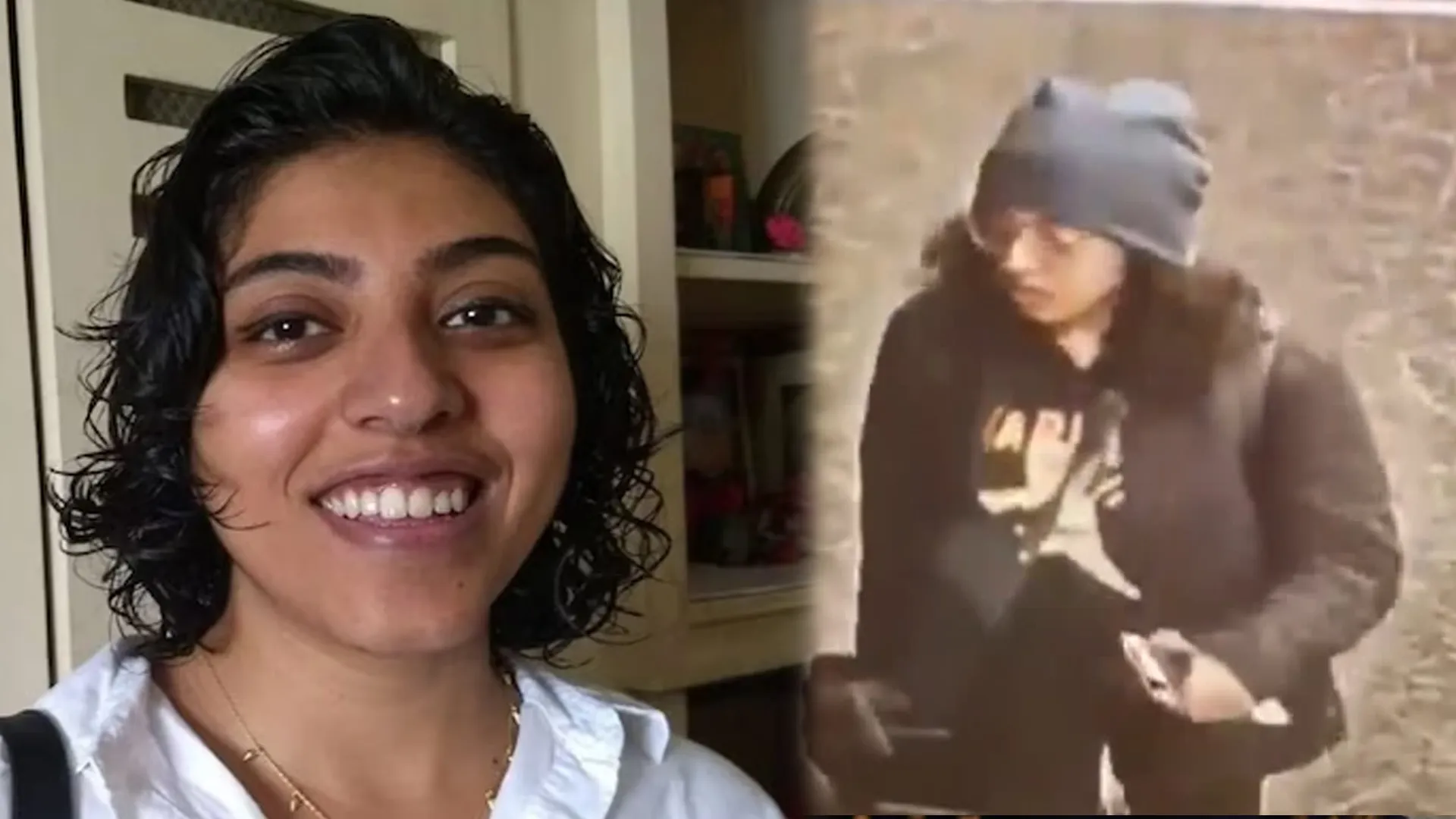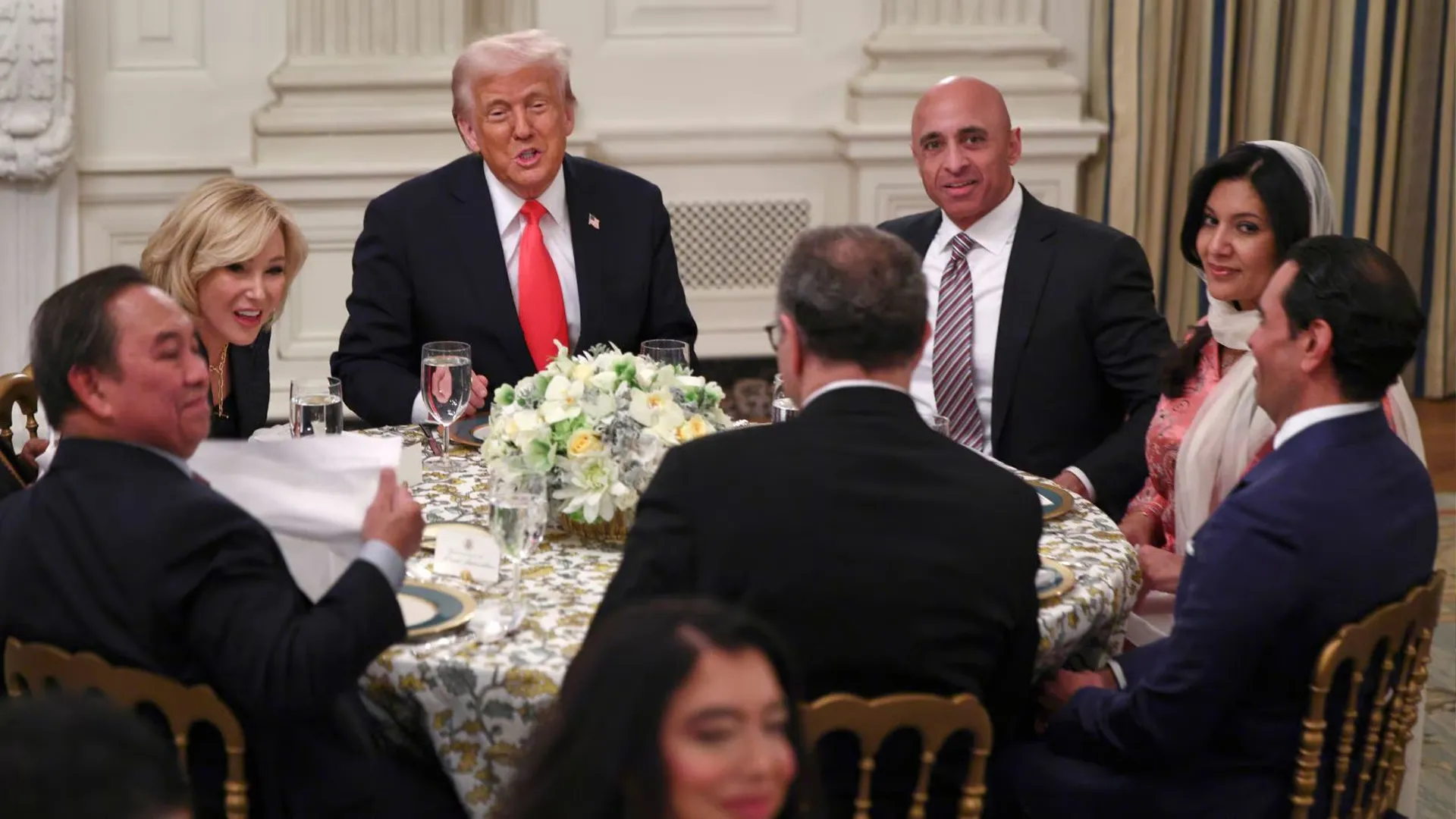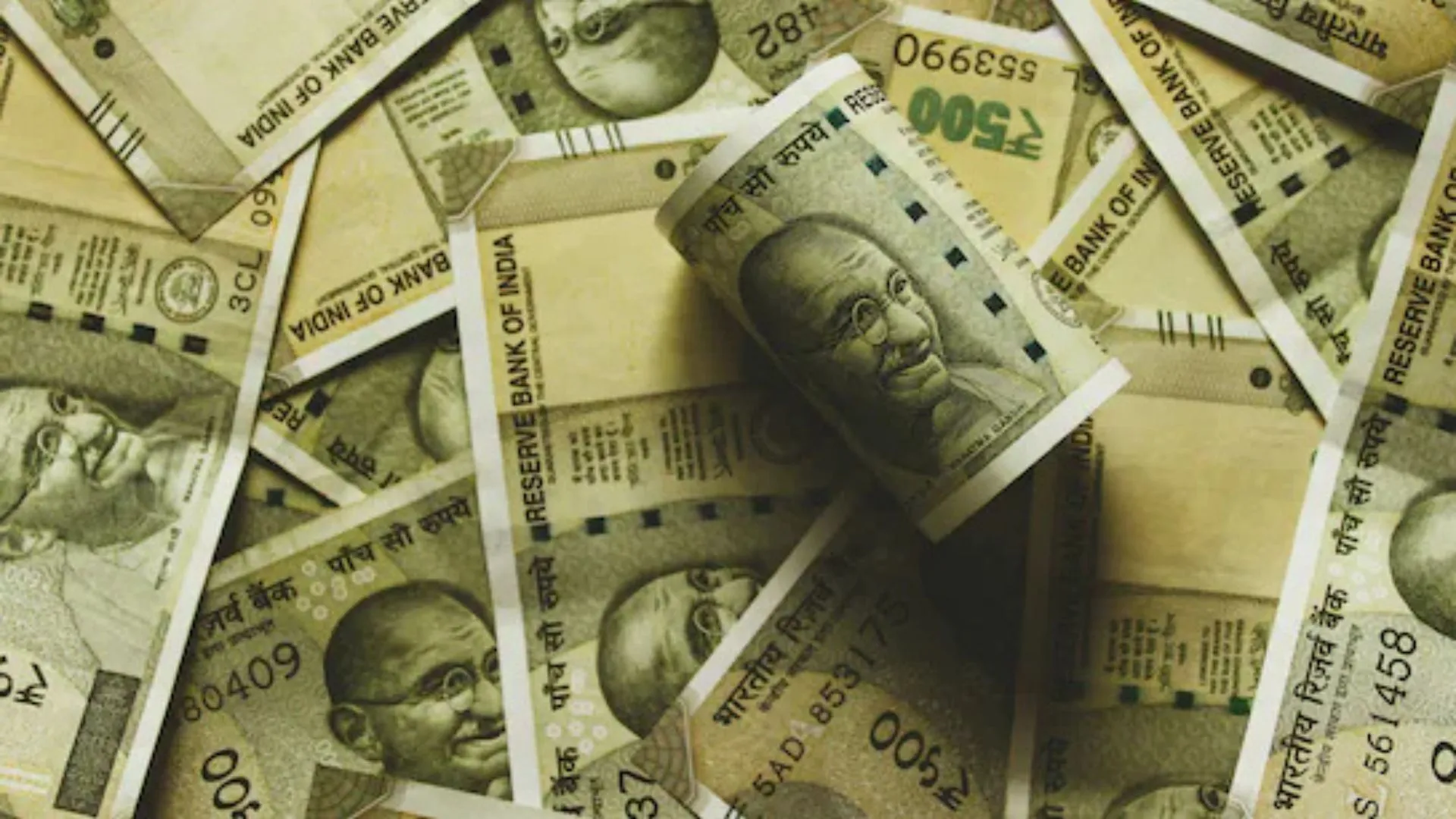In Bangladesh, 18 Hindu individuals have been charged with sedition following the hoisting of a saffron flag, highlighting concerns about the selective targeting of minorities in the country. Two individuals have been arrested in connection with the case, which coincides with a significant gathering by Hindu organizations in Chattogram advocating for a law and tribunal to protect minority rights.
WATCH:
In #Bangladesh, the Sanatan Jagaran Mancha held a large rally in Chattogram on Friday, advocating for the rights and safety of minorities. #HindusarenotsafeinBangladesh#IranAttack #Israel #IStandWithIsrael #IsraelvsIran #IsraelIranWar #LebanonUnderAttack #Lebanon #Beirut #Iran pic.twitter.com/Ovfx0XqjRl
— Yash Tiwari (@EkBhartvanshi_) October 26, 2024
Legal experts in Bangladesh have indicated that filing a sedition case typically requires approval from higher authorities, such as the Home Ministry. They suggest that the officer-in-charge of the local police station would not proceed with such charges independently. The complaint also mentions 15-20 unidentified individuals, allowing for the possibility of adding more names to the case as investigations continue.
The incident in question occurred on October 25, when Hindu organizations held a massive rally in Chattogram to press for their eight-point demand. This agenda includes forming a tribunal to prosecute those who oppress minorities, enacting a law on minority protection, and establishing a dedicated ministry for minorities.
Chinmoy Krishna Das Brahmachari, one of those charged with sedition and President of Pundarik Dham, stated that the protests are not politically motivated or directed against the Bangladesh government. Instead, they aim to pressure the administration to work towards preserving minority rights.
Communal tensions have been prevalent in Bangladesh, with the Hindu population decreasing from 22% in 1951 (then East Pakistan) to below 8% currently. Between 1964 and 2013, over 11 million Hindus fled Bangladesh due to religious persecution, according to the Hindu American Foundation.
The sedition case was filed by Firoz Khan at Chattogram’s Kotwali Police Station on October 30. Under Bangladesh’s Penal Code of 1860, sedition can lead to imprisonment for up to life.
A video of the incident, which has gone viral, shows a group of people with saffron headbands placing saffron flags near a flag that was presented as Bangladesh’s national flag at Zero Point in the New Market area of Chattogram.
Das Brahmachari clarified that Sanatani organizations had no involvement with the hoisting of the saffron flags, noting that the incident occurred approximately 2 km from the Lal Dighi protest site. He also mentioned that he was at the local BNP office at the time of the incident.
Pundarik Dham in Chattogram is one of the two holiest pilgrimage sites for Hindus in Bangladesh. Das, who is also the spokesperson for the Sanatan Jagaran Mancha, expressed concerns that the sedition case was filed without the knowledge of the BNP’s top leadership.
He further argued that the case is flawed on several counts:
The flag identified as Bangladesh’s national flag had four crescents and stars on its corners, resembling an Islamist flag.
The so-called national flag was flown in violation of flag regulations.
The saffron flags were raised on separate poles.
WATCH Hindus protesting against the case:
Hindus protest the sedition case lodged against ISKCON monk Chinmoy Krishna Das Brahmachari and 18 others over a rally in Chattogram (Chittagong) on Oct 25 against Hindu persecution in Bangladesh.
VC: @avroneel80 pic.twitter.com/v2r9o5cHLL
— HinduPost (@hindupost) November 1, 2024
The sedition case has drawn international attention, with former U.S. President Donald Trump condemning the violence against Hindus in Bangladesh. In a tweet, he stated, “I strongly condemn the barbaric violence against Hindus, Christians, and other minorities who are getting attacked and looted by mobs in Bangladesh, which remains in a total state of chaos.”
Indian leaders, including Prime Minister Narendra Modi, have also emphasized the need to safeguard the interests of Hindus in Bangladesh.
Das highlighted that Hindu organizations in Bangladesh commence their programs by hoisting the national flag and singing the national anthem. He questioned why law-abiding citizens who respect national symbols are targeted, while those advocating for changes to the flag and anthem remain unchallenged.
Also read: Nepal’s New Currency Escalates Border Dispute
The caretaker government led by Prime Minister Muhammad Yunus, along with the main political parties in Bangladesh, faces increasing pressure to address these concerns and ensure the protection of minority communities.

